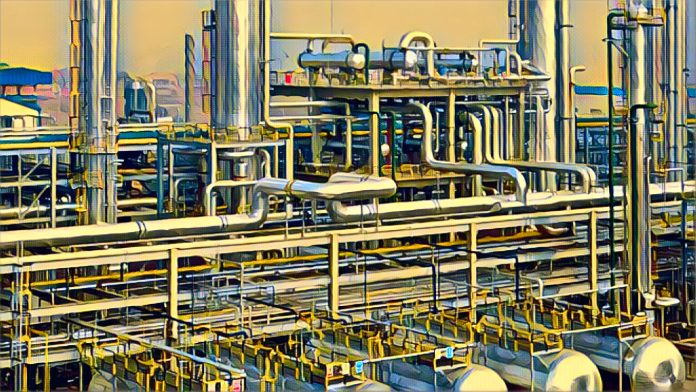KEY POINTS
- NNPC dispatches 100 trucks to Dangote Refinery, marking the start of fuel distribution.
- The initiative aims to address Nigeria’s fuel shortages and reduce import dependency.
- Dangote Refinery’s gasoline output will enhance the national fuel supply and stabilize the market.
In a bid to commence the lifting of petrol as a major boost to Nigeria’s energy sector, the Nigerian National Petroleum Corporation (NNPC) has deployed 100 trucks to the Dangote Refinery.
This is the beginning of the refinery’s fuel supply and is likely to help resolve the perennial fuel deficits in the country.
The use of the trucks is a major boost in the effort to ensure that locally refined gasoline gets to the market as required.
This move fits into the government’s long-term plan to diversify the country’s fuel supply sources since the reliance on imported fuel has been a major concern to Nigeria’s economy for decades.
Fuel distribution is set to create a revolution in the market.
The NNPC has ensured that it provides the outlet for the distribution of gasoline and therefore the Dangote Refinery can deliver on the promise of providing the Nigerian market with locally refined petrol.
The refinery, the biggest in Africa, has the potential of refining 650000 barrels of crude oil per day to supply the domestic demand for gasoline and even export.
In its report, Business Day said that the lifting of petrol from the refinery will commence on Sunday, thus marking the beginning of a new phase in the supply of fuel in Nigeria.
This development is likely to help in the reduction of the fuel hiccups that have been experienced in the country and also the importation of fuel which has put much pressure on the national budget.
Reducing dependence on imports
Nigeria has for instance been experiencing a lot of problems in the importation of fuel even though it is among the largest producers of oil in the world.
This has made the country import most of the fuel products to meet the local demand, which has at times been very expensive.
The establishment of the Dangote Refinery is viewed as a game changer for the country as it will be able to refine its crude oil domestically and reduce its fuel importation bill.
The NNPC’s decision to mobilize 100 trucks to the refinery to start the distribution of petrol is an indication of the current situation.
If the refinery’s products are delivered to the consumers as soon as possible, Nigeria can start to regulate the fuel market and decrease the fluctuation of prices due to importation.
Economic and social impact
The beginning of petrol lifting from the Dangote Refinery is likely to help Nigerians who have been struggling with fuel scarcity and high prices in recent years.
The production of the refinery will not only satisfy local consumption but also generate employment and boost the economy of the energy sector.
Also, since the fuel supplies will be more reliable, companies and industries that depend on petrol will have a more stable operation.
This is a good omen for Nigeria’s economy which has been struggling with energy-related issues for several years.
A new chapter for Nigeria’s energy sector
The use of 100 trucks at the Dangote Refinery is a great milestone towards the energy revolution in Nigeria. With the increase in the operations of the refinery, the country will be in a position to produce most of its energy requirements locally hence reducing the amount of money spent on importing fuel.
The partnership between NNPC and Dangote Refinery could be the key to a more secure and prosperous future for the Nigerian energy sector.
However, there are still some issues that have to be addressed, such as further investments in the improvement of the refining assets and the enhancement of the regulatory frameworks; the start of the petrol lifting from the Dangote Refinery is a positive signal.
This success can open the door for more advancement in Nigeria’s energy sector so that the country can benefit from its large deposits of oil.



